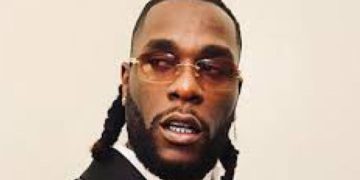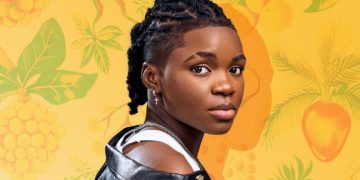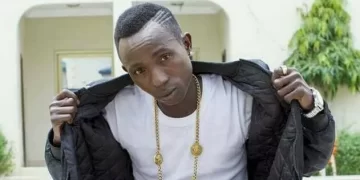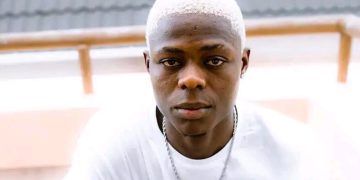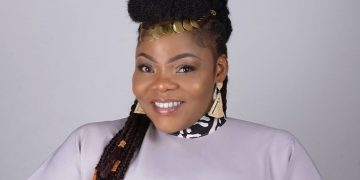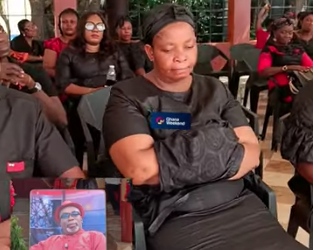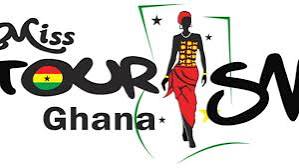On the back of the recent Afrobeat conversation, a lot of music buffs including one of Nigeria’s influential art writers, Joey Akan, have established how the term came up.
The background to the origins of these two also abounds in literature.
In a Twitter post, Joey wrote: “Fela Kuti’s ‘Afrobeat’ was coined in Ghana. Our generation’s own ‘Afrobeat’ was coined by a Ghanaian.”

This comes on the back of the Afrobeats documentaries that have been produced by Nigerians on both Netflix and Showmax.
Even though the documentary mentions Ghana as a contributor to ‘Afrobeats (with the “s), others think the story was not fully told in the documentaries. For example, the major proponent of Afrobeats, DJ Abrantie was not mentioned in the documentaries while Reggie Rockstone’s entry into the Ghanaian music industry was dated 1999, instead of 1993.
Afrobeat in its original form is a music genre created by Nigerian superstar Fela Kuti in 1968. It is a blend of highlife, jazz, funk, American blues, and traditional Yoruba music. It is different from Afrobeat (with the “s”) which was the basis of the ‘Afrobeats: The Backstory’ documentary.
While Fela Afrobeat is a genre, the modern-day Afrobeats is a term that describes all African sounds. The term was first used by a Ghanaian DJ based in the United Kingdom called DJ Abrantie around 2010. It was later picked up by other African music executives and the media as a descriptive word for rhythms from the African continent. At present, music charts and awards across the world have slots for Afrobeats. More musicians from Nigeria, Ghana, and other African countries identify with this movement.

What Joey Akan meant by saying “Fela Kuti’s ‘Afrobeat’ was coined in Ghana” was that Fela spent time in Ghana studying Ghana’s highlife and culture and exploring more sounds to establish an “identity” for his brand.
Ghana Weekend‘s findings prove that in 1968, while in Ghana for the second time, Fela went on the path of discovering a name for his new sound.
In his biography titled ‘Fela: This Bitch of a Life’, he writes that one day while in a club in Accra, he thought about how to bring out something different other than what James Brown did.

“I must clear myself from this mess. I must identify myself with Africa. Then I’ll have an identity,” he writes.
He added that there was a Ghanaian-Nigerian friend, called Raymond Aziz, sitting by him on that day at the club. He asked him: “Raymond, you see that my music? I must give it a name oo, a real African name that is catchy. I’ve been looking for names to give it. And I’ve been thinking of calling it Afrobeat.”
After Raymond endorsed the name, he flew with it.
This validates Joey Akan’s tweet about the place of Ghana in the Afrobeat and Afrobeats story.
While at it, some Ghanaians have suggested that stories about Ghanaian music have not been told by Ghanaians. They believe Ghanaians need to invest in telling their stories from their perspective to the world.
Meanwhile, Nigerian music giant, Burna Boy, has said in a recent interview that he would rather want to be associated with Afro-fusion than Afrobeats.
There are some people, especially Ghanaians, who also share Burna Boy’s opinion: such people believe that Ghana should have held on to its highlife, preserved and marketed it well to the world.
In the meantime, the United Nations Educational, Scientific and Cultural Organization (UNESCO) is considering making highlife an intangible heritage of Ghana.
–
By: Kwame Dadzie | Ghana Weekend


